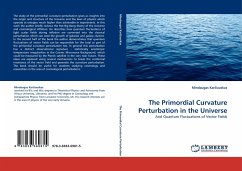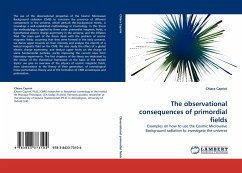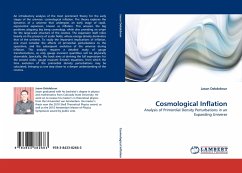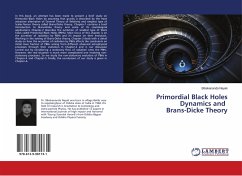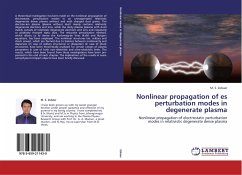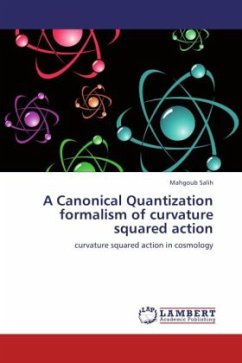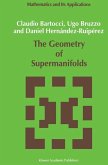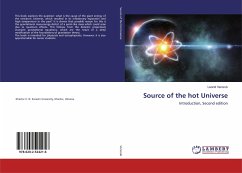The study of the primordial curvature perturbation gives us insights into the origin and structure of the Universe and the laws of physics which operate at energies much higher than achievable in experiments. In this work the author briefly reviews the Hot Big Bang theory of the Universe and cosmological inflation. He describes how quantum fluctuations of light scalar fields during inflation are converted into the classical perturbation which can seed the growth of galaxies and galaxy clusters. In the second half of the book the author demonstrates that quantum fluctuations of vector fields can be responsible for the total or part of the primordial curvature perturbation too. In general this perturbation has a distinct observational signature - statistically anisotropic temperature irregularities in the Cosmic Microwave Background, which could be measured by the Planck satellite in the very near future. These ideas are explored using several mechanisms to break the conformal invariance of the vector field and generate the curvature perturbation. The book should be useful for students studying cosmology and researchers in the area of cosmological perturbations.
Bitte wählen Sie Ihr Anliegen aus.
Rechnungen
Retourenschein anfordern
Bestellstatus
Storno

